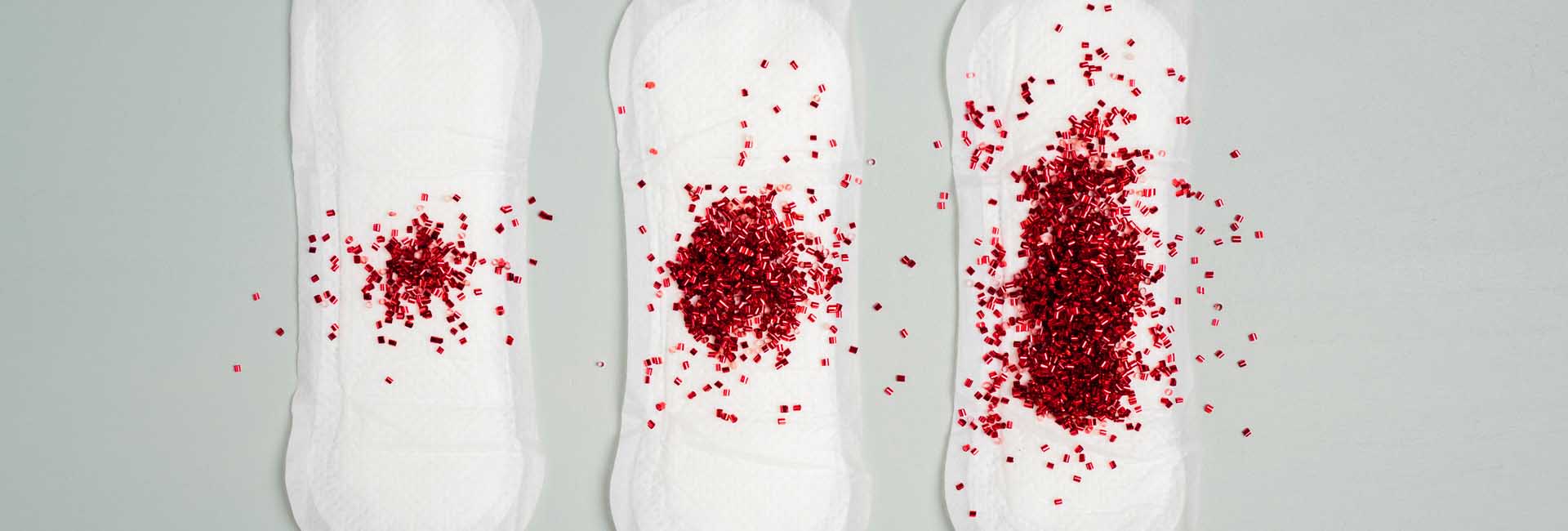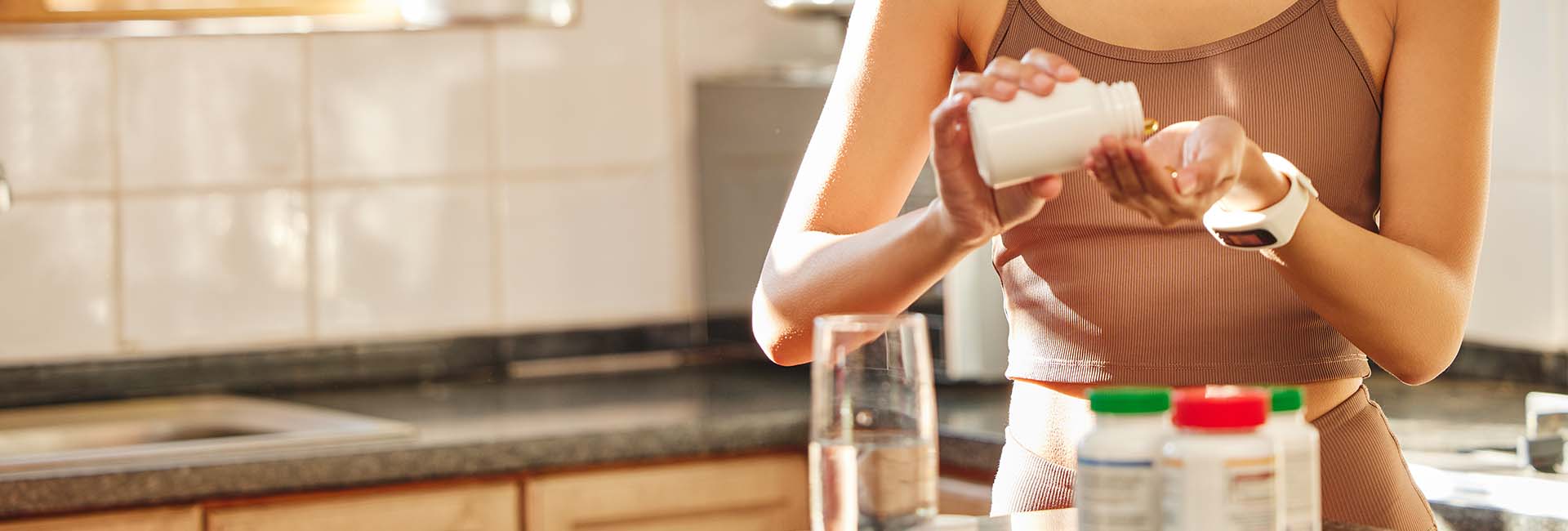Menstrual Cycle Phases: Understanding Your Cycle and Ovulation
Menstrual Cycle Phases
If you’re here, you’re probably familiar with the idea that your period comes every month. But did you know that your menstrual cycle has four distinct phases, only one of which includes bleeding? That you can learn to predict when you’re ovulating or when you’ll get your period? That your energy levels and concentration are also impacted by your hormones? That your period will change over time? Keep reading because we can’t wait to show you how amazing YOU and your cycle are!
What Is a Menstrual Cycle and Its Phases?
So yes, as you may already know, the menstrual cycle is your body’s way of preparing for a possible future pregnancy, every month. Overly enthusiastic? Perhaps, but also highly specialized and super intricate. Hormones are chemical messengers that transmit directions from one organ to another. Your monthly cycle involves a trio of your brain, ovaries and uterus communicating through your hormones. The transmitted messages cause your ovaries to release an egg, while the uterus simultaneously prepares a lining in which to implant the egg after fertilization. If fertilization of the egg does not occur, the lining is shed and the cycle begins again.
How Long Is a Menstrual Cycle?
Your menstrual cycle may last between 21 and 35 days, with the average cycle being about 28 days.
The 4 Phases of the Menstrual Cycle
The four phases of your menstrual cycle are the follicular phase, ovulation, the luteal phase, and menstruation. We know, we know, it’s a bit upside down that your cycle begins Day 1 on your first day menstruating (start of bleeding), when technically that’s the last stage. Think of it this way: Day 1 is like New Year’s Day which comes smack dab in the coldest winter month. Since all four stages mirror the seasons, we’re going to take this analogy and run with it. Follow along!
Phase 1: Follicular Phase
Springtime! You know the saying Aprils showers bring May flowers? This stage of your cycle is similar to that and is all about preparation, both for the egg and the uterine lining, It is also the stage which fluctuates the most in terms of timing: it can last anywhere from one to three weeks. During the follicular phase your follicle stimulating hormone (FSH) levels rise, notifying your ovaries to get an egg ready to release. Eggs are held in follicles, which produce the hormone estrogen. Estrogen in turn tells your uterus to thicken its lining, referred to as the endometrium. The endometrium is where a fertilized egg will be implanted, and the thickened lining is to provide all the nutrients it will need during pregnancy. During this phase of your cycle, you may find your energy levels rising as estrogen increases in your system. Spring is the time to start a garden. If you think of this phase in terms of gardening, your body is giving you everything you need to plant the garden, including the motivation!
Phase 2: Ovulation Phase
Summertime … Your estrogen levels are soaring during ovulation, triggering a spike in another hormone called the luteinizing hormone (LH) which causes an egg to be released from a follicle in your ovary. The egg then begins its journey through the fallopian tube in the direction of your uterus. It remains fertile for 12-24 hours after ovulation, and if not fertilized it will dissolve. Keep in mind that sperm can live for up to five days inside you 1 so that extends your fertile window. Thanks to surging hormones you may find yourself feeling especially social and energetic at this time.
Phase 3: Luteal Phase
Autumn (or Fall, your choice!). Now that the egg has been released, the follicle it came from introduces a new player to the scene: progesterone. This hormone is essential to supporting a healthy pregnancy but if the egg wasn’t fertilized the follicle will stop producing progesterone. As the level of progesterone lowers, your uterus receives the signal to get ready to shed the lining it has been building over the past few weeks. Generally, this stage lasts 10-14 days and as your hormone levels decrease you could find yourself wanting to slow down and relax, pumpkin spice and cable knit sweaters optional.
Phase 4: Menstruation Phase
Winter, also known as your period, most often lasts between 3 and 7 days. This is when your endometrium sheds itself to free up space for the next cycle. Here your hormones are at their lowest and your body may crave more rest. Around here we believe that period or not, we can, so we make sure to get plenty of sleep and maximize our self care before we set off to conquer the world.
When Do You Ovulate in Your Menstrual Cycle?
If we’re talking about averages, as in the 28 day cycle, then you would expect to ovulate around day 14 2, two weeks before your next period. Keep in mind that since cycles can be 21-35 days in length and ovulation can occur 12-14 days before your next period starts 3, there’s plenty of room for variation here. So the important thing is to know your own body and its signals. During ovulation, you may notice a clear, stretchy liquid that resembles raw egg whites being secreted from your vagina. Should this cause you any discomfort you can try wearing a Barely There® Liner during this time. If you are measuring your basal body temperature daily you will see that it increases slightly during ovulation.
How to Calculate Your Menstrual Cycle
New to period tracking? You’re not the only one! In fact, we have a period calculator to help you out with that. Your cycle includes all four phases listed above, beginning on day 1 of your bleed and lasting all the way until the day before your next bleed.Is It Normal for Your Menstrual Cycle to Change?
Yes, it’s actually expected that your cycle will change over time. For the first few years after menarche (your first period), you may have irregular or longer than average cycles. During this time you may find you require additional coverage for heavy flow, particularly overnight. Our Allnighter® Ultra-Thin Pads with Wings, Overnight can help you out with wings and a 60% larger back in comparison to our Security®Maxi Pads, Regular to help keep you feeling dry all night long. In your 20s and 30s your cycle should become increasingly regular. Perimenopause, which often begins in your 40s, can also impact the frequency and duration of your flow.
In addition to these expected changes, there are a number of lifestyle aspects that can alter how your cycle presents. Pregnancy, hormonal birth control, weight gain or loss, intense exercise and stress4 are a few of the reasons your period may not arrive as expected. If you have any concerns about how your menstrual cycle is changing, please don’t hesitate to consult your doctor or gynecologist.
The Role of Hormones in Your Menstrual Cycle
We’ve mentioned a few hormones above so let’s clarify their roles:
The Role of Estrogen in Your Cycle
Produced primarily in the ovaries, responsible for regulating your menstrual cycle, promoting a healthy pregnancy and keeping bones strong 5. Follicle Stimulating Hormone (FSH) Produced in the pituitary gland, responsible for stimulating the growth of an ovarian follicle prior to the release of the egg 6. Luteinizing Hormone (LH) Also produced in the pituitary gland, responsible for releasing the egg during ovulation7.
The Role of Progesterone in Your Cycle
Produced by the now empty follicle, called a corpus luteum post ovulation, progesterone is responsible for preparing the endometrium for implantation by a fertilized egg. If no fertilization occurs, decreasing levels of progesterone cause the lining to be shed and your period to start 8.




